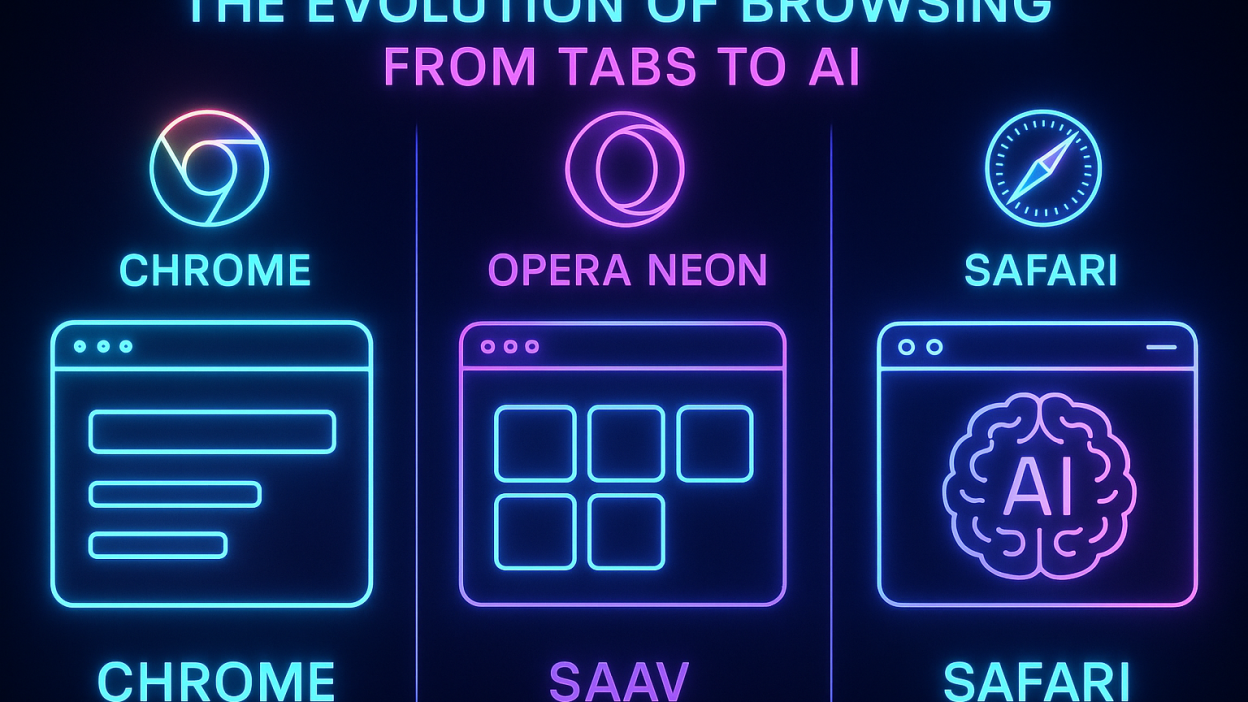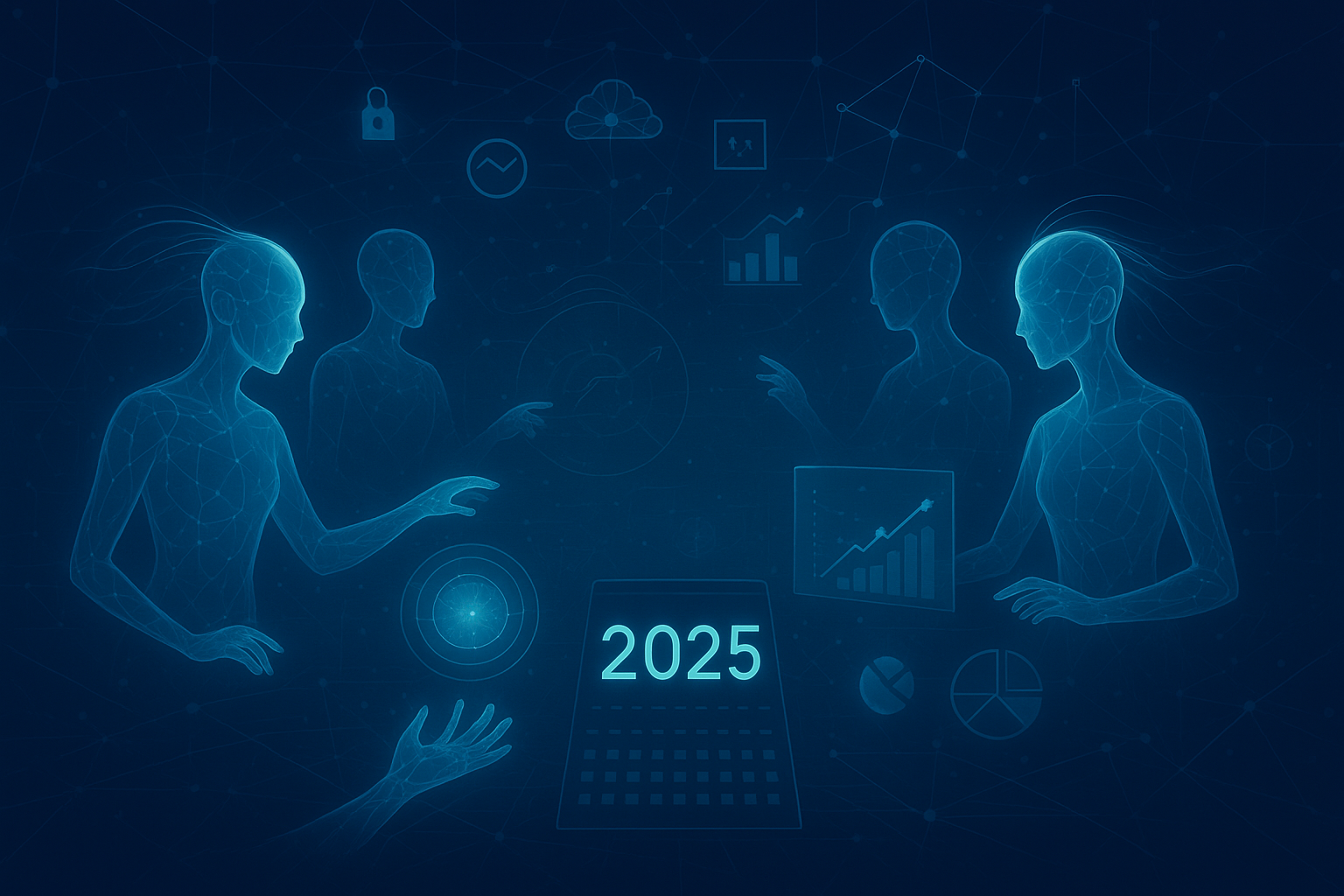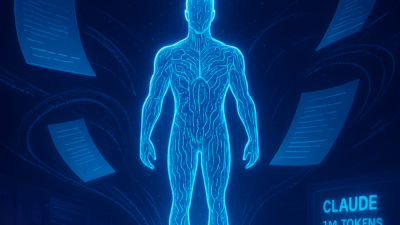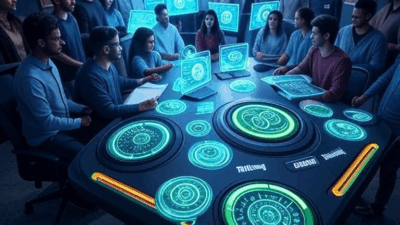Browsing Meets Its Next Evolution
For decades, the web browser has been the silent gateway to our digital world. It’s where we search, create, connect, and consume — yet, aside from speed and security updates, the browsing experience hasn’t dramatically changed since Chrome’s debut in 2008. Enter Opera Neon, a bold experiment that reimagines what browsing can be when artificial intelligence becomes its foundation rather than an accessory.
This isn’t just another browser update. It’s Opera signaling a seismic shift: browsing as an interactive, AI-powered experience that learns, adapts, and even collaborates with users. Neon is positioned not merely as a tool but as a partner in navigating the increasingly complex web.
Why Neon Matters: AI as the Core, Not an Add-On
Opera has long been an underdog in the browser wars, carving a niche with innovations like built-in VPNs, crypto wallets, and ad blockers. But Neon represents a leap beyond add-ons. Unlike Chrome or Safari, which rely on extensions or plugins to integrate AI, Neon embeds artificial intelligence at its very core.
This means that AI is no longer a background feature — it shapes the entire browsing journey. For example:
-
Personalization: Neon can analyze browsing patterns to surface contextually relevant content, making search feel intuitive rather than overwhelming.
-
Efficiency: Instead of drowning in multiple tabs, users can rely on Neon’s AI to group related material, summarize research, or highlight critical updates.
-
Creativity: Writers, designers, or professionals can generate content, take notes, or draft ideas directly in the browser without toggling between apps.
Opera is betting on the idea that tomorrow’s browser won’t just be a window to the web — it will be a collaborator in productivity and creativity.
Competing in a Market Dominated by Giants
Let’s be clear: challenging Google Chrome, which holds over 60% of the market share, is no small feat. Add Safari’s dominance on Apple devices and Microsoft’s aggressive AI integrations in Edge, and the browser market looks nearly impenetrable.
So why launch Neon? Opera’s strategy is differentiation through experience.
-
Chrome = speed and reliability.
-
Safari = ecosystem convenience.
-
Edge = AI-powered productivity.
-
Opera Neon = AI-native, human-centric browsing.
This positioning isn’t about winning mass adoption overnight. Instead, Opera is targeting early adopters, AI enthusiasts, and Gen Z users who want their tools to be smart, personal, and visually engaging. If even a fraction of these users adopt Neon, Opera could secure its strongest identity yet in the global browser market.
Rethinking User Experience: The Narrative of Browsing
Beyond its AI functions, Neon is designed to feel different. Opera has leaned into a visual-first, futuristic aestheticinspired by neon tones, sleek lines, and immersive layouts. But this isn’t just a design statement — it reflects a new philosophy of browsing.
-
Clutter-free navigation: Instead of endless tabs and chaotic bookmarks, Neon encourages smarter workflows powered by AI grouping.
-
Integrated AI utilities: Summarization, translation, or even creative generation tools are available natively, reducing reliance on third-party tools.
-
Natural interactions: Opera has hinted that Neon could integrate voice and multimodal inputs, making interaction more natural and accessible than traditional typing.
In essence, Neon is not just another browser with bells and whistles. It’s a reimagination of what the daily act of browsing could feel like if AI were seamlessly embedded in its DNA.
Pros and Cons: The Opportunities and Challenges Ahead
Every innovation comes with trade-offs. For Neon, the stakes are particularly high.
Opportunities:
-
Offers a distinct identity in a crowded market
-
Appeals to digital-native generations seeking smarter tools
-
Reduces friction by integrating AI utilities directly into the browsing flow
Challenges:
-
Market adoption may remain limited given Chrome’s dominance
-
Privacy concerns about how AI handles and processes user data
-
Risk of Neon being viewed as an experimental side project rather than a mainstream browser
Opera’s gamble reflects a broader debate in tech: Should AI simply enhance existing systems quietly, or should it redefine the user experience entirely? Neon argues for the latter.
Adoption Across Markets
Neon’s potential impact will likely vary across regions:
-
Europe: With Opera’s strong European roots and GDPR-aligned privacy awareness, Neon could resonate with users seeking transparency in AI-powered tools.
-
Asia: Tech-savvy, mobile-first markets like India, South Korea, and Southeast Asia may embrace Neon’s AI-driven design more quickly.
-
United States: Adoption may be slower given Chrome and Safari’s strong footholds, but early adopters, AI professionals, and creators could be key entry points.
If Opera succeeds, Neon could serve as a blueprint for AI-native browsers, pushing competitors to rethink their roadmaps.
FAQs
Q1: How does Neon differ from existing browsers?
A: Unlike Chrome or Safari, which add AI through plugins, Neon integrates AI as a native function, allowing personalization, summarization, and contextual navigation directly in the browser.
Q2: Will Neon be available on mobile devices?
A: Opera is expected to roll out Neon on both desktop and mobile, though desktop will likely see the first launch phase.
Q3: How does Opera plan to address privacy concerns?
A: Opera emphasizes transparency and user control, though exact mechanisms of how Neon handles AI-driven data remain to be detailed.
A Browser as a Partner, Not Just a Tool
Opera Neon marks a turning point in the browser narrative. For the first time, a mainstream browser is daring to put AI not on the sidelines, but at the center of the experience.
The future of browsing may no longer be about tabs, search boxes, or even speed alone. It may be about working with an intelligent partner that shapes how we interact with the digital world. Whether Neon becomes a niche product or a broader trendsetter, Opera has made one thing clear: the age of AI-first browsing is here.
The browsing experience is changing — are you ready?
Subscribe to our newsletter to get the latest deep dives on AI-driven products, tech innovations, and future-of-web insights delivered weekly.
Note: All logos, trademarks, and brand names referenced herein remain the property of their respective owners. The content is provided for editorial and informational purposes only. Any AI-generated images are illustrative and do not represent official brand assets.



